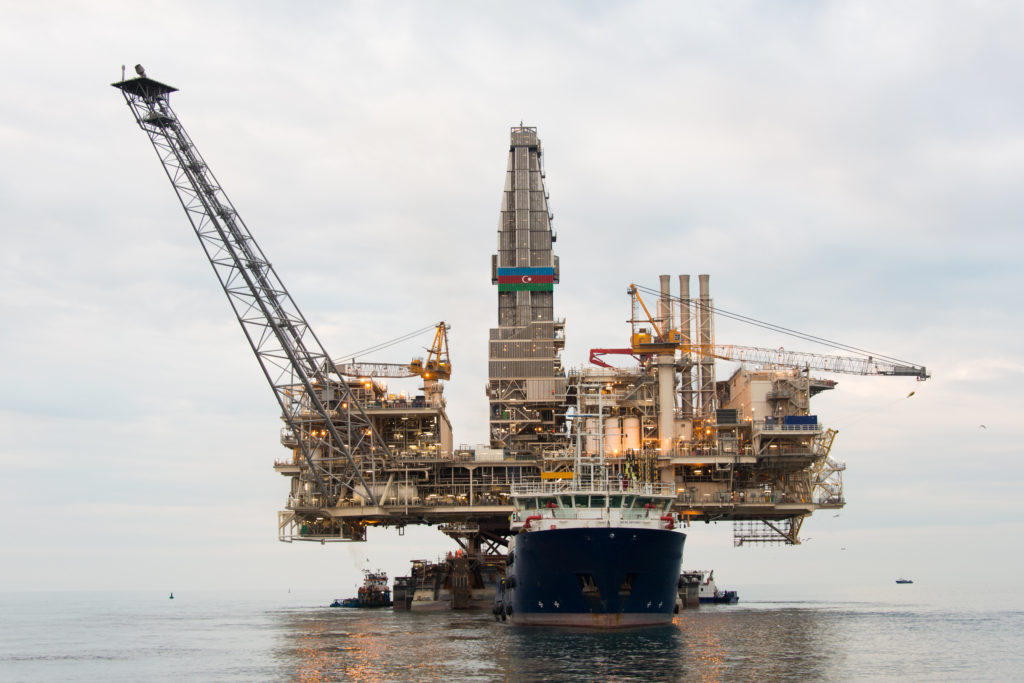BAKU
Romania expects to receive natural gas from Azerbaijan in July 2022, increasing the number of European countries on their way to reducing their dependence on Russian gas supplies.
Azerbaijan started supplying commercial natural gas to Europe from the second stage of the major Shah Deniz project via its $40-billion Southern Gas Corridor in December 2020, when the corridor’s last part, the Trans-Adriatic Pipeline (TAP), became operational. Europe is a highly lucrative new market for Azerbaijan as the continent is seeking to diversify its supply away from Russia, on which it still depends for 34 percent of its gas.
Gas from Azerbaijan will be delivered to Romania via the Bulgaria-Greece gas pipeline interconnector, which is expected to be completed next summer, Virgil Popescu, Romania’s energy minister, was quoted as saying by local media.
Delays in completion of the interconnector’s construction prompted some rumours that Bulgaria might be leaning towards Russia’s South Stream pipeline that bypasses Romania, where gas would be distributed to consumers through the BRUA pipeline, carrying it along a route from Bulgaria, across Romania and Hungary to the Baumgarten hub in Austria..
Popescu said that his Bulgarian counterpart Andrey Zhivkov assured him that the Bulgaria-Greece gas interconnector would be completed in time, allowing Azerbaijan’s natural gas and liquefied gas from Greek ports to reach the BRUA pipeline next summer.
Azerbaijan’s goal is to eventually supply the European market with 10 billion cubic metres (bcm) of gas a year, including 8 bcm to Italy and a combined 2 bcm to Greece and Bulgaria. This year, the country plans to export 5 bcm to Europe and over 12 bcm to Turkey.
Gas has been pumped from the offshore Shah Deniz field’s first phase since 2006, delivering more than 10 bcm a year of the commodity to Azerbaijan, Georgia and Turkey. The second phase started output in 2018, adding 16 bcm of gas production capacity at its peak to bring total capacity to 26 bcm.
Shah Deniz is developed by a BP-led international consortium, in which Azerbaijan’s state energy firm SOCAR, Turkey’s TPAO, Malaysia’s Petronas, Russia’s Lukoil, Iran’s NICO and SGC Upstream are participants.
Last week, the consortium said that it had started production of natural gas at the East-South flank of Shah Deniz II field, a move that will significantly increase output.
A total of 400 million standard cubic feet (90,000 barrels) of gas per day will be added to current production levels, enabling Shah Deniz II to increase overall production to well over 2.4 billion standard cubic feet per day.

